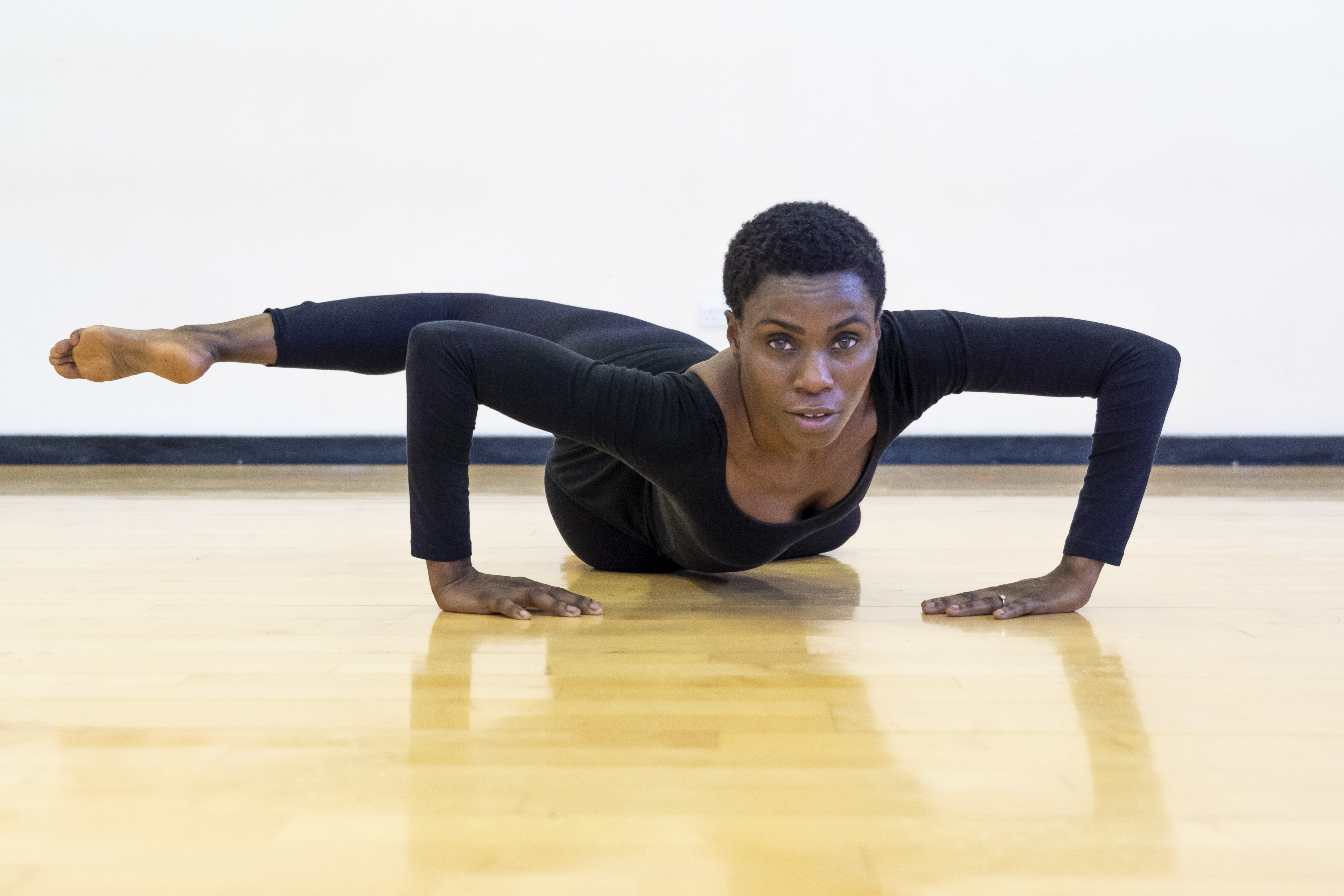IRIE! dance theatre is the first dance organisation in Europe to create a full-time, three year degree that puts African and Caribbean dance at the centre of dance education.
You can re-read that statement a few times in your head to fully digest how much of a UK-dance-defining-moment this is, not just for IRIE! but the vast amount of dancers who now have the opportunity to build their creative practice on the foundations of African and Caribbean dance techniques and choreography. It’s an achievement that Founder & Artistic Director Beverley Glean and Rosie Lehan, Director of Accredited Training have been working towards since 1990. Â
IRIE! introduced itself to the dance world back in 1985, making its name as a professional touring company in the eighties. It set out to ‘create a repertory of works reflective of the African Caribbean influence on the Black British cultural experience’; using dance as the main vehicle to create a space to promote inclusion, diversity and cross-cultural dialogues. Â
Based at the Moonshot centre in south-east London, IRIE!’s latest venture has seen the transformation of its initial two-year foundation degree (which ran from 2008-2018) into a full-time three year degree. Called BA (Hons) Diverse Dance Styles, this is a one-of-a-kind course. It took its first cohort of students in September 2018 and is validated by University of Roehampton.
I sit with Rosie at Moonshot as she reminisces: “Beverley and I trained together at Laban (now Trinity Laban) and we shared many interests, the lack of diversity in dance being a prominent one. We wanted to find a way to put African and Caribbean dances on par with contemporary, urban and other Western dance forms.”
“Whilst some dance courses offer African and Caribbean dance modules, it is not the main curriculum. Our degree places African, Caribbean, contemporary and urban on equal footing.”
“Whatever art form you’re studying — whether it is visual art or music — you need to understand its origins”, says Rosie. “You need to understand why you are training the body in this way, why you are doing these exercises. We look at history, theory, technique and choreography so our students have a 360-degree, assured understanding of the four equal dance genres, they are learning.”
“Many of the African and Caribbean specialists who teach on the Diverse Dance Styles degree are practicing artists, including Nii Kwartey Owoo from Ghana and guest artist Jamaican dancer/choreographer  Jackie Guy MBE.”
“We place huge emphasis on fusing different dance styles together to create new dance vocabularies and stories.” These innovations disrupt what is considered the status quo in dance to keep the art form fresh.
This kind of ‘evolutionary’ dance is heightened by Rosie’s own philosophies: “I love teaching technique, but what I enjoy most is encouraging students to tell stories; to take inexplicable fragments or fleeting episodes in their lives and embody them.”
“One of our past students Nicoletta Key Bonanni, who studied our foundation degree, has brought physical theatre into her practice, spent time in Senegal and worked with Alesandra Seutin, a African/contemporary dance artist. Nicoletta has absorbed different dance experiences and now has this rich dance identity which she can share with others.”
IRIE! also established a company for young artists, Connectingvibes. Touring from 2000-2016, the company is soon to be revived as the 3rd year performance vehicle of the new BA (Hons).
Many of the dancers from the foundation degree, including Nicoletta, received valuable professional experience in works such as Without Borders, a piece exploring the experience of migrants and refugees. Crossing borders takes so much strength: why people flee their homes and what their individual journeys involve simply go beyond our normal, day-to-day experiences. And dance has an uncanny ability to capture these moments where words fall short.
But with all the unsurpassed work IRIE! is doing, why is it still taking time to put African and Caribbean dance styles on equal footing? Rosie replies: “African and Caribbean dance techniques are equally as rigorous as ballet but aren’t perceived as so. And this really needs changing.“
“They are hard techniques for all human bodies to master. Whilst ballet and African and Caribbean dances are two extremes, students find African and Caribbean dance equally as challenging. In the same way ballet does, African and Caribbean dances push the body to areas it hasn’t been before.”
So what lies ahead? Once upon a time, IRIE! would have been able to invite dance artists from companies such Adzido Pan African Dance Ensemble or Kokuma Dance Company, but sadly these companies no longer exist, even though they were the only companies of their kind. The challenges still exist for many dance companies. The threat of closure remains a high concern.
But thankfully there is plenty of life in IRIE!, which is growing in strength. Not only is it a dance organisation, it is a vital component of its community. It offers classes, family fun days, works with young people and elders, and delivers a host of other activities for those interested in many different forms of dance and wellness classes, such as Tai Chi and Pilates. Â
The organisation is grounded in removing borders and engendering cross-cultural communication. At IRIE! there is a real cultural mix with students from all ages, abilities and walks of life coming together to learn and develop their own practice from African and Caribbean dance styles.
And this value really needs to pervade both the UK and global dance industries. It is simply too much of a precious thing to lose if it doesn’t achieve the recognition it wholly deserves.
IRIE! is currently auditioning for September 2019 Diverse Dance Styles degree, see here for details. Find them on Twitter & Instagram.
Words by Katie Hagan. Image Paul Stafford.
